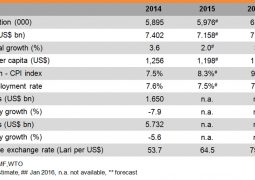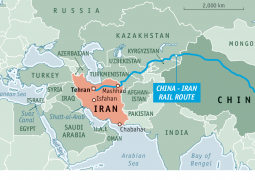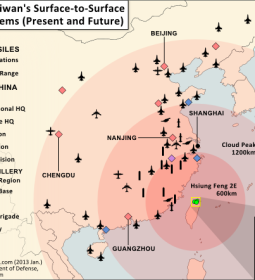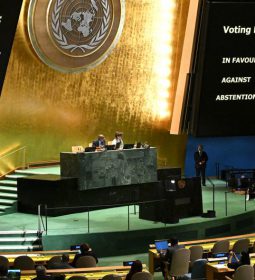Dwindling Chinese population in Malaysia bodes ill for nation and economy, analysts say

KUALA LUMPUR, Jan 23 ― The trend of ethnic Chinese emigration from Malaysia will result in a smaller private sector, less tax monies for the government and a reduced professional workforce, political analysts said.
They also expressed concern over whether demographic changes would be manipulated to reinforce racial and political dominance as well as possible hazards to minority rights if the country’s ethnic composition shifts towards any single community.
“The Chinese community is known to be very enterprising and economically vibrant,” independent analyst Khoo Kay Peng told Malay Mail Online.
“The community has been important to the nation’s development. It is a worrying trend for the country,” he added.
Khoo was remarking on the Asian Strategy and Leadership Institute’s (Asli) reported prediction that the ethnic Chinese will drop to about 19.6 per cent of the Malaysian population by 2030 if their emigration trend and low birth rates continue.
The Department of Statistics, however, projected that the Chinese proportion would drop to 20 per cent of the population by 2040 from 24.5 per cent in 2010. The ethnic Indian proportion was expected to reduce by 0.9 percentage points to 6.4 per cent of the population by 2040.
The Bumiputra population, however, was expected to grow by 4.8 percentage points to 72.1 per cent by 2040 from 67.3 per cent in 2010.
Oh Ei Sun, adjunct senior fellow at Singapore’s Nanyang Technological University’s S. Rajaratnam School of International Studies, said the trend of implementation of Islamic law and practices in “all aspects of social life” would likely continue in tandem with the decreased non-Muslim population and worldwide Islamist revivalist sentiments.
“Besides likely decline in their political rights, the professional human resources of the whole country would similarly be decimated,” Oh told Malay Mail Online.
Centre for Policy Initiatives director Lim Teck Ghee said the higher fertility rates of Malay-Muslims and of Muslim foreign workers affected Malay interests, noting that impoverished and large families could strain the community and country.
“Proper family planning and birth control will help ensure a higher quality of population and fewer socio-economic problems,” Lim told Malay Mail Online.
“In my opinion, a large part of the benefits of the NEP and other Malay-centric policies in the past 30 years has been negated by the much higher Malay rate of population increase,” he added, referring to the pro-Bumiputera New Economic Policy (NEP).
According to the Department of Statistics, the Bumiputra recorded the highest crude birth rate of 20.5 per 1,000 population in 2014, followed by the Indians (11.7), the Chinese (10.9) and others including foreigners (9.6).
Merdeka Center director Ibrahim Suffian said minorities ultimately needed to figure out how to work with the Muslim-majority population.
“Muslims in Malaysia are not monolithic; they ascribe to many different political ideas,” Ibrahim told Malay Mail Online.
“Non-Muslims probably need to accept that Muslims in Malaysia have become more deeply involved in discovering their identity (and all the forms it comes) and that they are not the Malays one reminisces as per the P. Ramlee movies of the past.
“Muslims need to realise that non-Muslims are their fellow countrymen with whom they have a shared stake in the country’s continued peace and prosperity,” he added.
Universiti Putra Malaysia professor of politics and government Jayum Jawan said Sarawak Dayaks and Sabah’s indigenous people would provide the balance to ensure a multi-ethnic Malaysian society.
“The Dayaks and indigenous may be small in population, but have the legislative strength to ensure this,” he told Malay Mail Online.
- Previous Malay nationalist party Perkasa proposes life cntences for corruption
- Next Trump Presidency Is Already Altering Israeli-Palestinian Politics
















